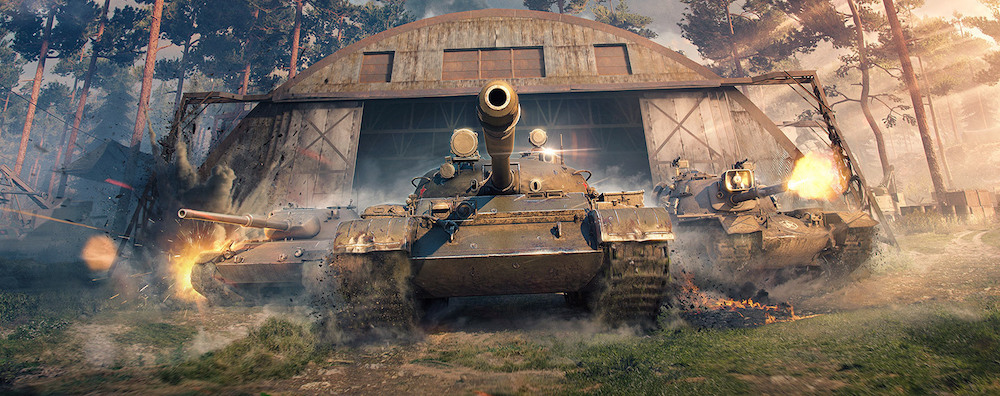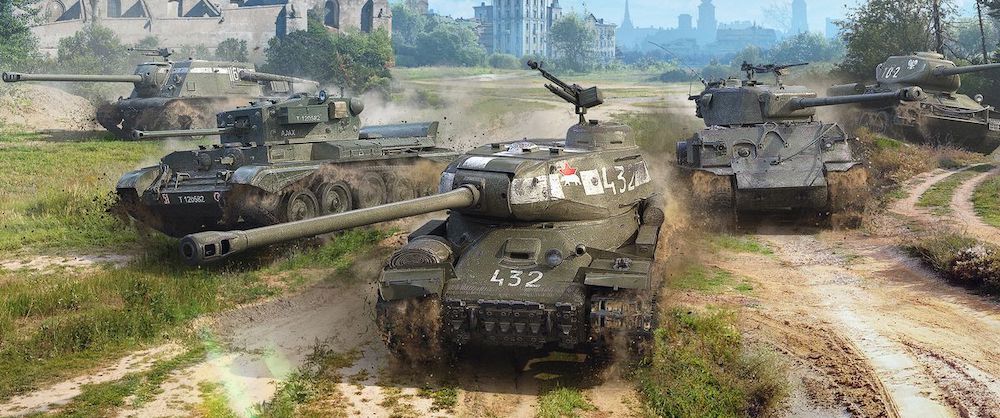They could focus their efforts
When testing out concepts, it’s difficult to know which ideas will be successful and which will be a waste of effort. In the past, Wargaming’s data didn’t give them quite what they needed and wasn’t particularly scalable. It also didn’t feel fair to their studios.
With GameIntel, specifically metric data from Benchmarks+, they could create realistic targets for studios to reach and base their decisions off the data. They now know what KPIs are considered good, great, and downright poor in the industry for each key sub-genre, rather than just guessing.
“Success isn’t always about releasing a game. It’s sometimes about shutting a game down soon enough so that you don’t waste time and money,” said Alex Nenadavets, their manager of competitive intelligence. “We’ve definitely saved time by not wasting it on ideas that wouldn’t work. It’s helped make sure that successful games get the right attention.”
This approach moves them away from a gut feeling about a game to a more scientific method and makes sure that successful games get the right attention. It also means they can be more transparent with their studios, using data to back up their feedback and decision making, rather than relying solely on opinions and experience.

They could keep morale higher
No studio wants their idea to be cancelled. But a publisher needs to look at the larger picture and make those tough decisions. Without data, this can be fraught with bias and subjective opinions.
“If you’re going to cancel a game and not lose morale in the teams, you need to be consistent,” said Alex. “If you don’t have clear goals it can be demoralising. But with those targets, you can make sure you’re not just relying on your gut feeling and the studio feels the choice was fair.”
By using GameIntel, Wargaming could be more consistent in their approach. They didn’t need to play the bad guys.
“Before GameIntel, a studio came to us and would say that they think their metrics are pretty good. But now we can explain that – in their genre – it’s not actually meeting the right retention or conversion,” Alex explained. “It’s really helped with our relationships with the studios. By being more granular and specific, it’s helped build trust.”
The conversation stops being about whether Wargaming likes the concept or game. Instead, it’s about whether the game is meeting its targets or performing well in its genre. This makes it easier for a studio to understand and accept that Wargaming wants them to focus on a new idea and move on. The game has run its course. It’s time to put it to bed.
They could see when to improve a title
It also helps know when there’s an opportunity to improve. That sweet spot between being successful and being a top-charting hit.
For example, Wargaming can drill down into a specific sub-genre and look at what the top 10% of games get in average revenue per user. If a studio meets this target during a soft launch, they know it’s worth marketing it further. It has room to reach the top 2%, with the right marketing push or tweaks to the design.
“The gaming industry isn’t usually very transparent. We want to be different,” Alex said. “Services like GameIntel mean that we can remove that uncertainty and be more transparent with our studios. We can take more educated risks.”

And when a title has had its time in the spotlight
Wargaming uses GameIntel to understand when to stop iterating on a game (or at least slow down). Sometimes, developers will want to reach even higher results, when in reality they could already be in the top 2%. This is useful to know, so Wargaming can easily shift priorities around, without having to guess.
It makes sure that their studios can research their potential markets better, giving their games more of a chance to succeed. Wargaming can check for any competitors or get more granular data, for example. They can then have an open and honest conversation with their studios about the game’s potential, before they begin work.
They could identify gaps in the market
A bonus that Wargaming wasn’t expecting was that they could find new opportunities in the market. Like any company, Wargaming has a strategy and vision. But by exploring the data, they’ve managed to spot unique areas and niches in the market, which they’re starting to experiment with.
“Since we’ve been using GameIntel, we’ve actually released a few more different ideas. Ideas where there was a gap in the market and we could see an opportunity, even if it was outside our original strategy,” Alex concluded.
All in all, GameIntel has been useful to Wargaming. It’s helped them save time and money, improve their relationship with studios and even opened up new opportunities. Instead of relying on inconsistent reports, they can now create realistic targets and keep up morale.
